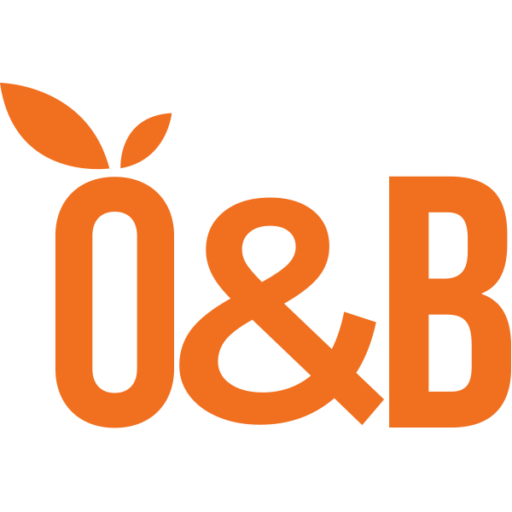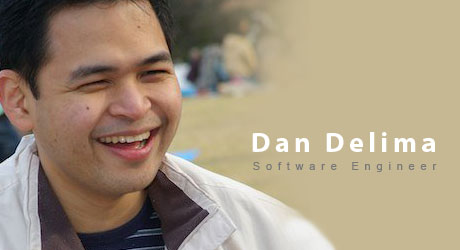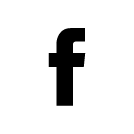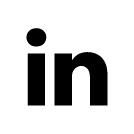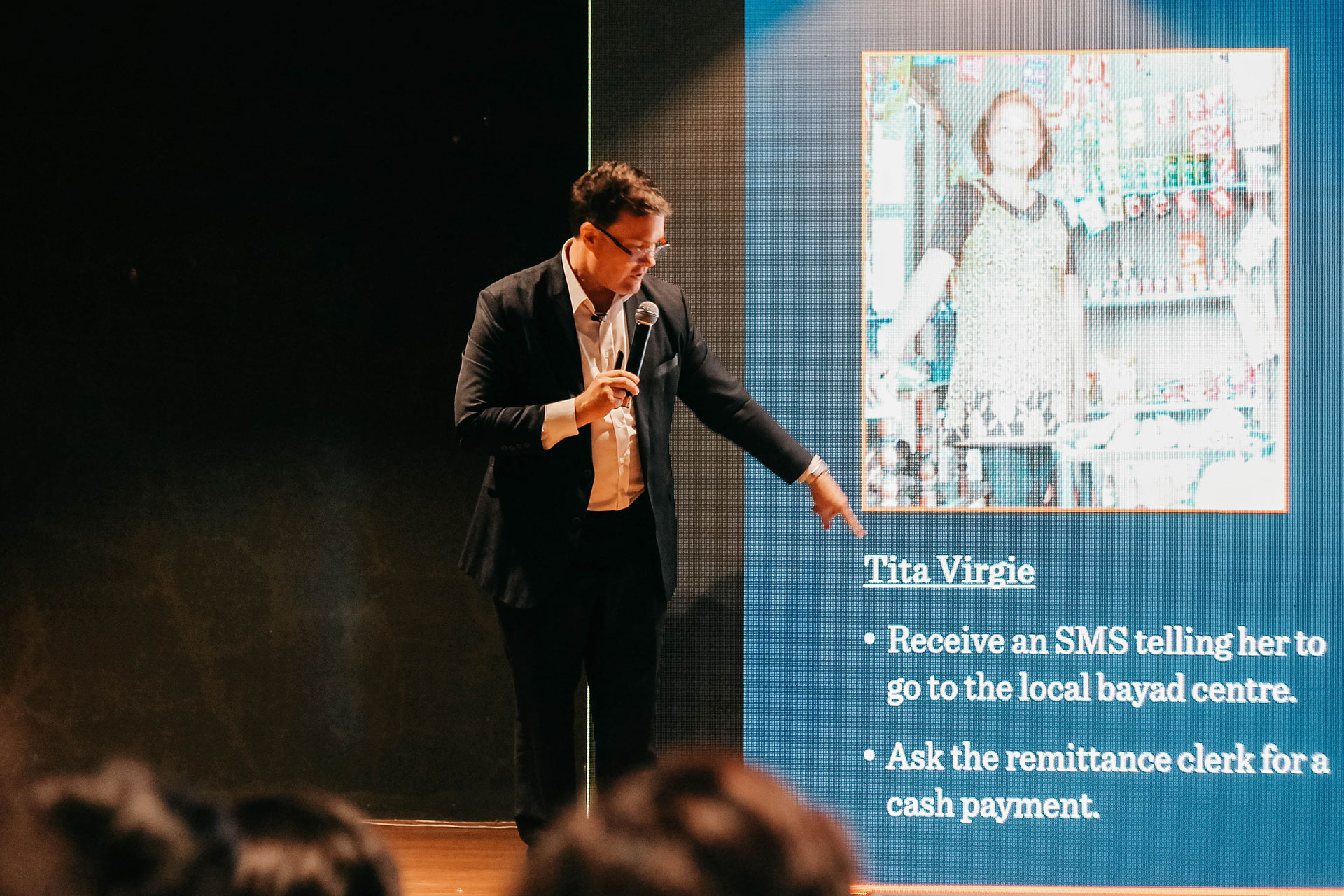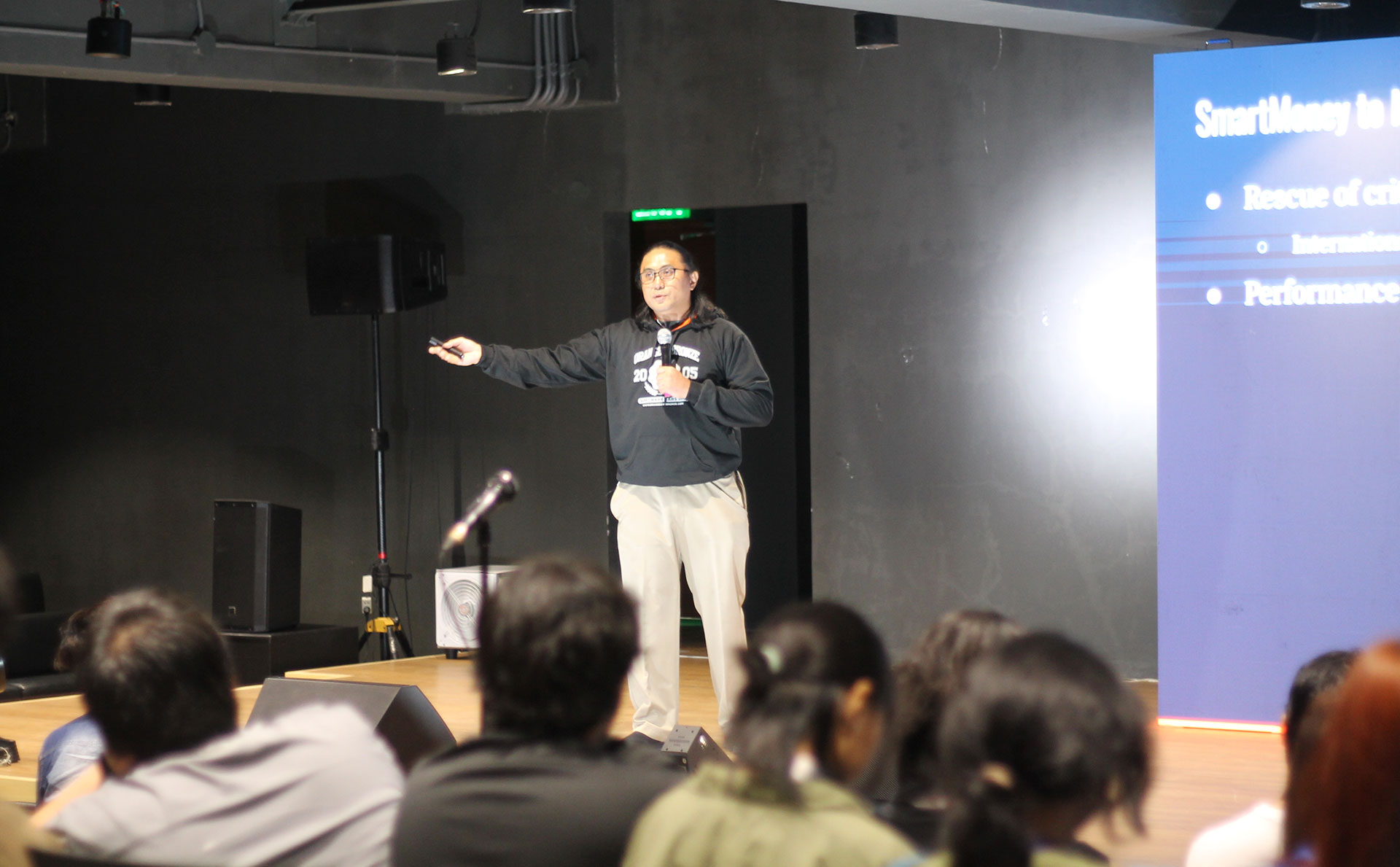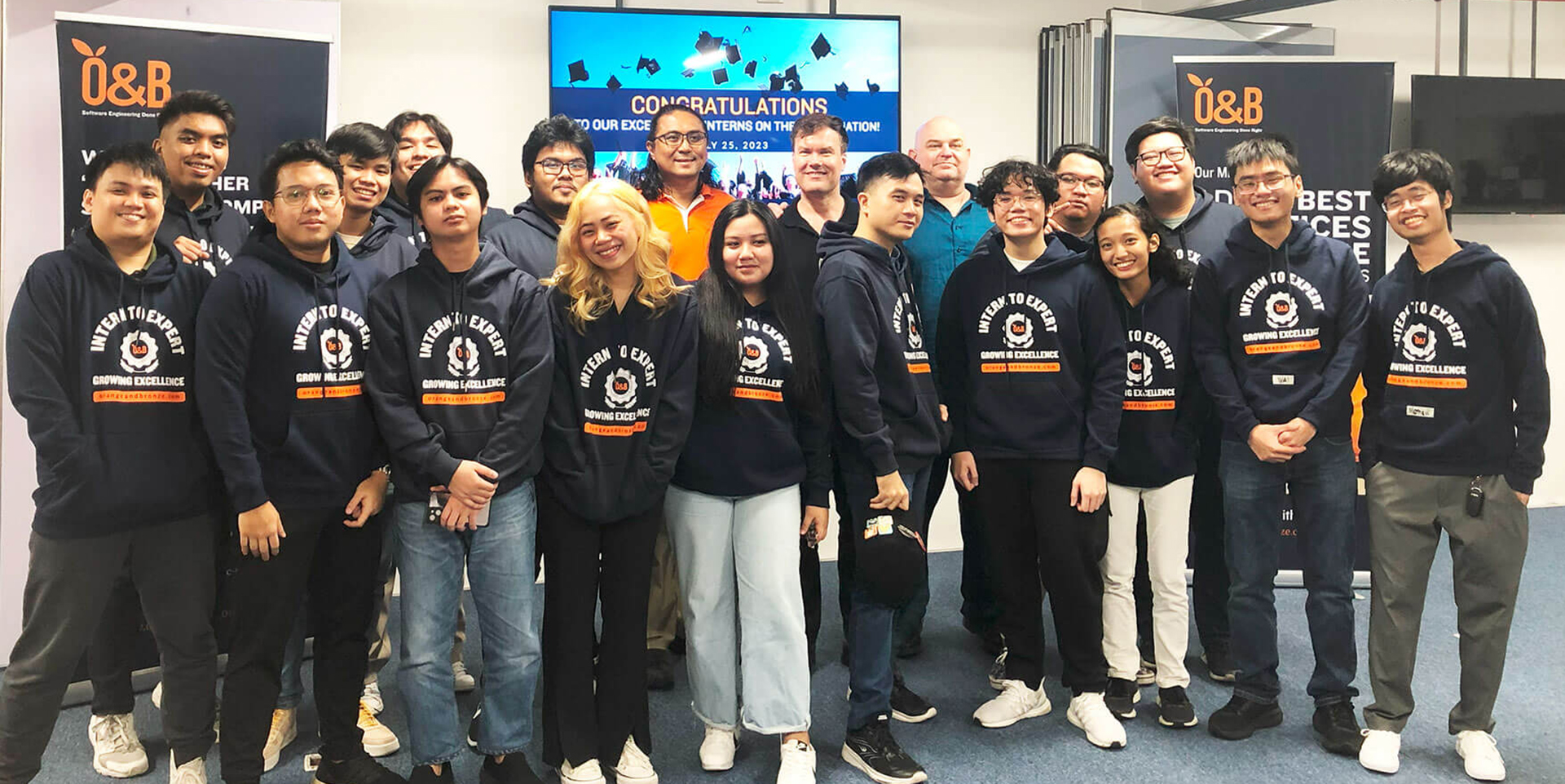We’ve all heard how wonderful it is to work for Google. Aside from working on great projects and products, who wouldn’t be happy with free gourmet lunches, the games rooms, the gym, the Friday parties…it’s just difficult to leave the office with everything going on. But of course, to be able to enjoy these perks, you’d have to pass Google’s stringent hiring standards. And Dan Delima, a Filipino engineer, won over Google Japan, and is now tasked to develop the future of YouTube on mobile and smart phones.
Despite having the elite Google badge on him, Dan keeps his feet on the ground. Ironically, his attempts at keeping a low profile makes one pay attention more. This has something to do with his vision for engineering — it’s simple and it’s all about service: to help people work faster, better, and smarter. An ideal example would be developing the voting precinct finder for the national elections. If you were a registered voter in 2010, you might have gone online and searched for your precinct. That’s Dan’s work right there, backed by Google.
Dan believes that change can only happen from the bottom-up. We believe so too, and with people like him, it’s easy to see that we’re well on our way to the top.
- Why did you go into software development? What triggered the interest? I have been developing software since I was Grade 3. It has always been my passion. Helping people do what they do faster than ever before has been my never ending quest. The first system I made for this ideal was when I was Grade 5 and it stored business information collated from various sources into a database. How far the world has progressed from then…
- At any point, have you ever thought of shifting careers? Why or why not? Not really. My passion has always been with helping people be better. In my path I was thinking of leaning more into business management, but it, on the sidelines, was more than enough.
- Are you working on any kind of personal project that’s not related to your day job? If yes, please give us a brief overview. I have a few of open source projects, most of them I haven’t worked on in a while. Most of my personal projects has been architectural and design-oriented. Usually dipping my toes into very early tools before they hit mass usage. One of the most impactful mini-project I took on was helping people find precincts in the election (what a mess it was). It was not a personal project per-se, since Google backed me up all the way. At election day alone, the site got millions of hits and serviced almost a million of queries.
- What would you consider to be your career milestones? I have never considered “career” as what most people think of it. I challenge myself. That has always been the “career” to me. If it’s not a challenging job, I’m out of there as fast as the contract allows. My milestones so far is quantified by the number of people I help with the software I make and of course how much I make their lives better. That doesn’t say much that I work for YouTube — lets just say I’m making their life much more entertaining”.
- What would you consider to be your greatest accomplishment thus far?I think helping almost a million Filipinos in the last election is my greatest accomplishment so far. Well, in all the publicly disclose-able accomplishments that is. I didn’t do it alone. Hundreds of volunteers helped map most of the precincts, making maps for Philippines better too! Worth mentioning is the top-notch team that Google assembled for me to make it happen, from Marketing to PR to Country Relations.
- What is your dream for yourself? I dream of helping create software that is core to everybody’s lives. The idea is it’s going to be very basic that we would not think of it as software at all. It’s like clothing, you use it and can’t live without it. I want to make that a reality. I want to empower people with tools that make things impossible for them possible. Sounds idealistic, but let me give a more concrete example. Around 10 years ago, 10 people were doing manual inventory eight hours a day and never finishes. They gave up, and accepted it as “part of their life”. We developed software for them, and only 3 people needed to do the inventory. The rest of the 7 people were now working on more meaningful things, like sales and client management. 5 years later, system went down and they realized they don’t know how to do it without the system. My staff helped them get it back up though.
- What is your dream for the country? I have given up on dreams for the Philippines. It’s not just quantifiable. But it’s not that I have given up on the Philippines, it’s the opposite of that. I will just focus on what I can do for the Philippines, but I won’t count on anybody to make that happen except me. The Philippines is a country with great talent and with enough opportunities, we can make it better from bottom-up. Dreams are for the top people looking down, I want to do impact from the bottom pulling people up with me.
- What is your dream for the Filipino tech community? I wish Filipinos would be in the map in innovative software development. Not the run of the mill outsourcing that anybody can do. I wished there are more opportunities for our engineers to show their potential and innovate. Without people’s belief that Filipino’s can do it, innovative startups won’t come. They never come, unless we start our own.
- Famous last words: I don’t have famous words, but I believe that: No compensation is worth it if you’re not challenged or getting any better. Each person has 24 hours of life [each day], and time is your most valuable compensation to be better.
